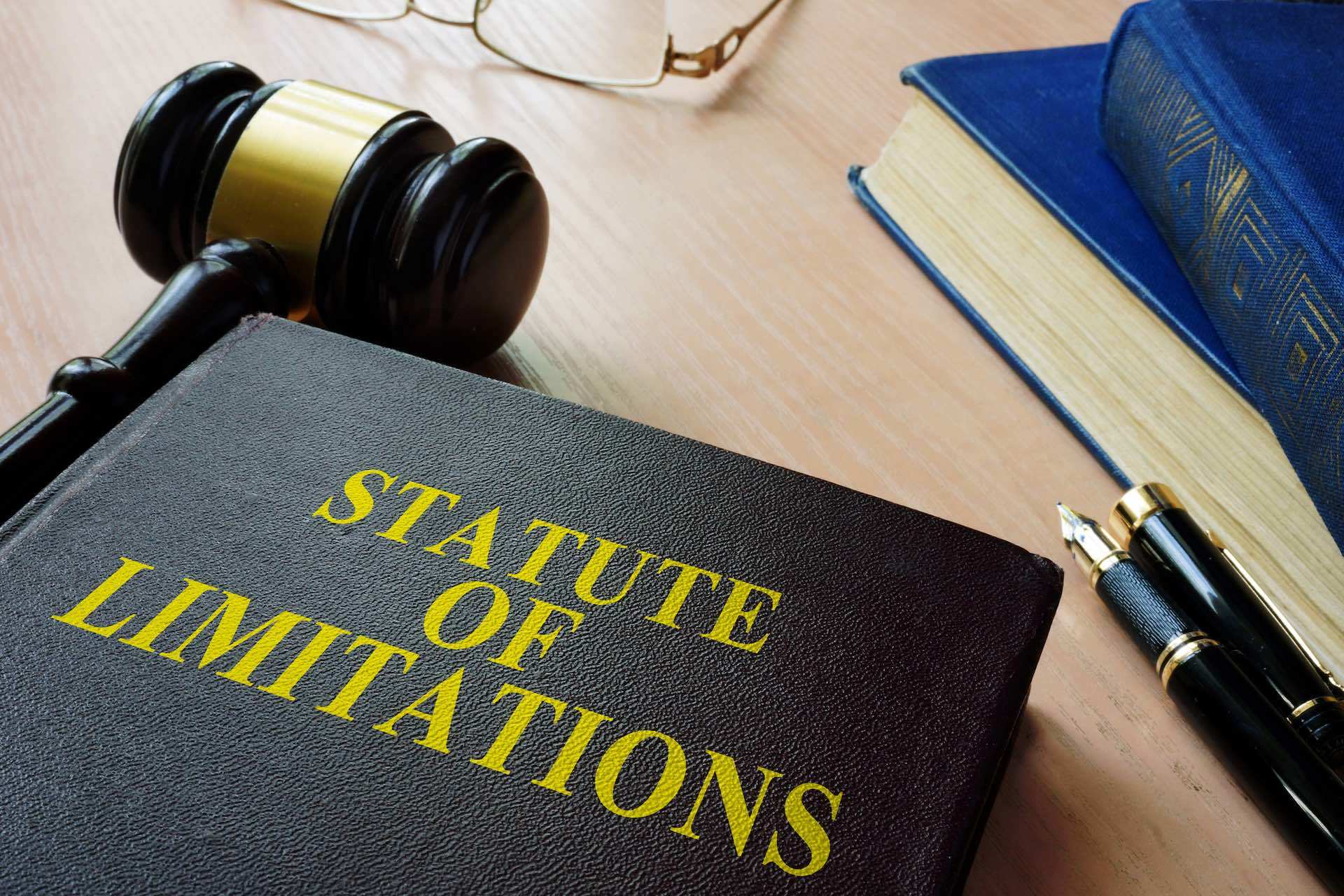Blog Layout
Which Damages Can I Recover for Legal Malpractice
Feb 10, 2020
How Much Can I Recover for Legal Malpractice, and What are the Monetary Damages?

If you bring a legal malpractice lawsuit against your former attorney you may be entitled to recover damages, assuming you can prove he or she was negligent and you suffered damage. The damages recoverable in legal malpractice actions include compensatory damages, which are intended to compensate you for any losses you suffered due to the alleged malpractice.
Attorneys who have committed malpractice may be liable for all the subsequent damages their former clients suffered as result. Broadly, this means the client is entitled to be “made whole” by a compensatory damages award for the value of the claim or property interest lost as a result of the attorney's negligence. These damages are determined by calculating the difference between what was recovered and what would have been recovered but for the attorney's wrongful act or omission. This can be difficult to establish and is done through the case within a case approach of legal malpractice actions.
Below are the main categories of damages you may recover for legal malpractice:
Economic losses
In a successful malpractice action against your former attorney, you may be able to recover your economic losses. However, these losses must be clearly documented as you are required to prove you would have received a better result had your attorney not committed malpractice in his or her representation of you. Simply alleging that you would have done better if you had a different attorney is insufficient to show damages.
Therefore, it is extremely important to keep a thorough record of everything associated with your case. In many situations, the time between when you find out about the malpractice and when you file your claim will be spent working with your legal malpractice attorney on collecting this information, properly organizing it and building your case.
Attorney fees
Generally, fees you incur when filing and prosecuting your malpractice action are not recoverable compensatory damages, nor are the fees you paid to the negligent attorney.
However, under the “tort of another doctrine”, attorney fees may be recoverable as compensatory damages where you incurred those attorney fees to institute an action against a third party, or defend an action brought by a third party, as a direct result of attorney malpractice.
Emotional Distress Damages
Emotional distress damages may potentially be recoverable in a legal malpractice action only in the rare situation that the acts complained of go beyond mere negligence or result in non-economic injury. This is because California courts have explained that an attorney's duty to his or her client in civil litigation ordinarily concerns the client’s economic interests and does not extend to protection against emotional injury. Thus, an attorney’s negligence in rendering professional services generally will not support recovery of emotional distress damages.
Punitive Damages
It’s rare for legal malpractice cases to involve punitive damages, as punitive damages are not recoverable based on conduct that is alleged to be merely negligent. The rare exceptions that do exist typically occur when the attorney’s conduct was oppressive, fraudulent, or malicious. This is a very difficult standard to prove especially in a garden variety legal malpractice action.
Schedule a Free Consultation with Our Experienced Legal Malpractice Attorneys
It is important to remember that every legal malpractice claim is different. Individuals who are prepared to bring a legal malpractice claim must consult with an experienced malpractice attorney to determine the possible damages and if they have built up enough evidence to have a legitimate chance of recovering compensation.
To learn more about how you can move ahead with a legal malpractice claim, schedule a free consultation
with our legal malpractice attorneys: (415) 352-0980.
Share
Tweet
Share
Mail
RHM legal blog

23 Nov, 2017
If you believe your attorney committed legal malpractice you might be able to seek compensation for your financial harm through a lawsuit. However, prior to filing a claim, you should consult with an experienced legal malpractice attorney to identify the applicable statute of limitations and determine whether or not it has expired. Generally, the statute of limitations for an action against an attorney arising from his or her performance of professional services, must be started within the earlier of: 1 year after you discover (or should have discovered) the facts constituting the wrongful act or omission; or 4 years from the date of the wrongful act or omission. Therefore, if you are at all concerned that your attorney may have committed legal malpractice, you must act quickly to get all the facts you can. Get in touch with a legal malpractice attorney. One year might seem like a lot of time, but each case is different, and for some it can take longer than others to get the facts you need to gather evidence before filing your claim. Are there exceptions to the statute of limitations? There are four ways in which you can “toll” (delay or postpone) the statute of limitations for your legal malpractice case. They are as follows: No Actual Injury – If you sustained actual injury (damage) after the date of the alleged negligence, the clock for the statute of limitations will start at the time you are damaged rather than the time at which you discovered the negligence. Continuous Representation – If the attorney continues to represent you regarding the specific subject matter in which the alleged negligence occurred, then the clock for the statute of limitations starts at the time that representation ends rather than the date of negligence or its discovery. Concealment – If the attorney willfully conceals the facts constituting his or her wrongdoing, the statute of limitations is tolled (this tolls only the 4-year limitations period). Disability – If your legal or physical disability restricts you from filing a claim, the statute of limitations may be tolled until that disability ends Schedule a Free Consultation with Our Experienced Professional Liability Attorneys For more information on the statute of limitations and other issues related to legal malpractice cases, schedule a free consultation with our legal malpractice attorneys: (415) 352-0980.
QUICK LINKS
PRACTICES
CONTACT
Phone: 415.352.0980
Fax: 415.352.0988
Email: info@rhm.legal
Address:
505 Montgomery Street, 10th Floor
San Francisco, CA 94111
Disclaimer: The materials contained on this website is provided solely for informational purposes and is considered attorney advertising. RH Montes De Oca, APC is a California law firm and all information on this website is based on California law. The information presented here should not be construed as formal legal advice nor the creation of an attorney-client relationship. You should consult an attorney for advice regarding your individual situation.
© 2024
All Rights Reserved | RH | Montes De Oca, LLP | Privacy Policy

